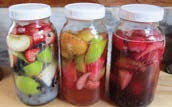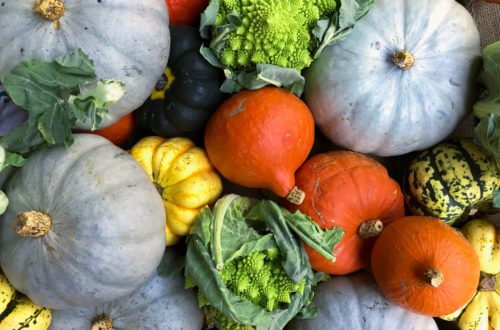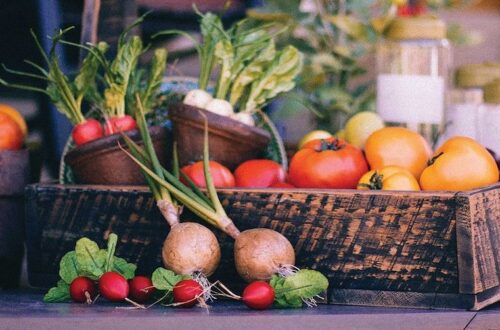Fruit kvass is a fermented drink that is quick and easy to make, loaded with digestive enzymes and probiotics, and inexpensive to create.
For tens of thousands of years, our ancestors ate real meats, fruits, vegetables, nuts, grains, fats, oils, fish, and fermented foods. As fermentation was their only method of preserving fresh foods for future ingestion, these particular items were probably eaten daily. Our gut biome depended upon them.
Fermented foods not only give us enzymes that will help us to digest our meals and probiotics to keep us well, but they make the vitamins and minerals in these foods easier for our bodies to assimilate.
Even though we now have the options for freezing, canning, and refrigerating our crops and animal products, it might be wise to include some fermented items in our diets. Fruit kvass is probably the easiest of all to make. Fruit kvass can be put together in under three minutes. It can be made with almost any fruits or vegetables — you can use lots of them or just a little bit. The produce can be fresh, frozen, or dried. Sometimes they can be made for next to nothing — having some watermelon with the family? Save the rind and seeds and kvass them. During the summer, you can add some purslane (a very nutritious weed) or other weeds from the garden.
Basic Fruit Kvass Recipe with Blueberries, Strawberries, and Orange
That all having been said, people often like to have an exact recipe. So we can start off with a Blueberry-Strawberry-Orange Kvass. This basic recipe yields about 20 servings.
Materials and ingredients:
• 1/2-gallon jar
•1/2 cup blueberries, fresh or frozen
• 1/3 cup strawberries, fresh or frozen
• 1 orange, cut into pieces
• 1 tsp good-quality salt (gray sea salt or pink Himalayan)
• 1/4 cup homemade whey (optional)
• 1/2 gallon pure water, no chlorine or fluoride
Directions:
1. Put the orange pieces and strawberries in the jar. Mash the blueberries a little (any time that a fruit’s skin is tough, this is a good idea) and add to the jar.
2. Add the salt and, if you have it, the whey. Fill with water leaving a good 2 inches of headspace or air at the top. Cover tightly. Shake well. Place on the kitchen counter under a towel.
3. Keep shaking several times a day and release the lid just briefly at least once a day to let out the gases. After two days in a warm kitchen or three in a cool one, the mixture is done.
4. Strain out the fruit, eat it for the fiber if you tend to be constipated, or compost it. Place the liquid in a jar in the refrigerator.
5. During the day, add a splash of it to all of the glasses of water that you drink. If you are not used to ferments, start slow. Try just a tablespoon or two for the first few days and increase the amount slowly.
I can’t make a claim for anyone else’s health, but I do know that I have been drinking fruit kvass for a little over the past five years. In that time, I have not been sick once.
To view a YouTube video on how to make fruit kvass, visit the author’s website. If, for some reason, your fruit kvass looks bad, smells bad, or tastes bad, don’t drink it!
Celeste Longacre and her husband, Bob, have lived sustainably for more than 35 years. They grow almost all of their vegetables for the year and preserve them by freezing, canning, drying, and using a home-built root cellar. Celeste ferments much of the couple’s produce and makes her own sauerkraut, kimchee, fruit, and beet kvass. She is the author of Celeste’s Garden Delights and writes a gardening blog for The Old Farmer’s Almanac. For more information, visit Celeste’s website, celestelongacre.com
From the 2019 Vermont Green Living Journal.






